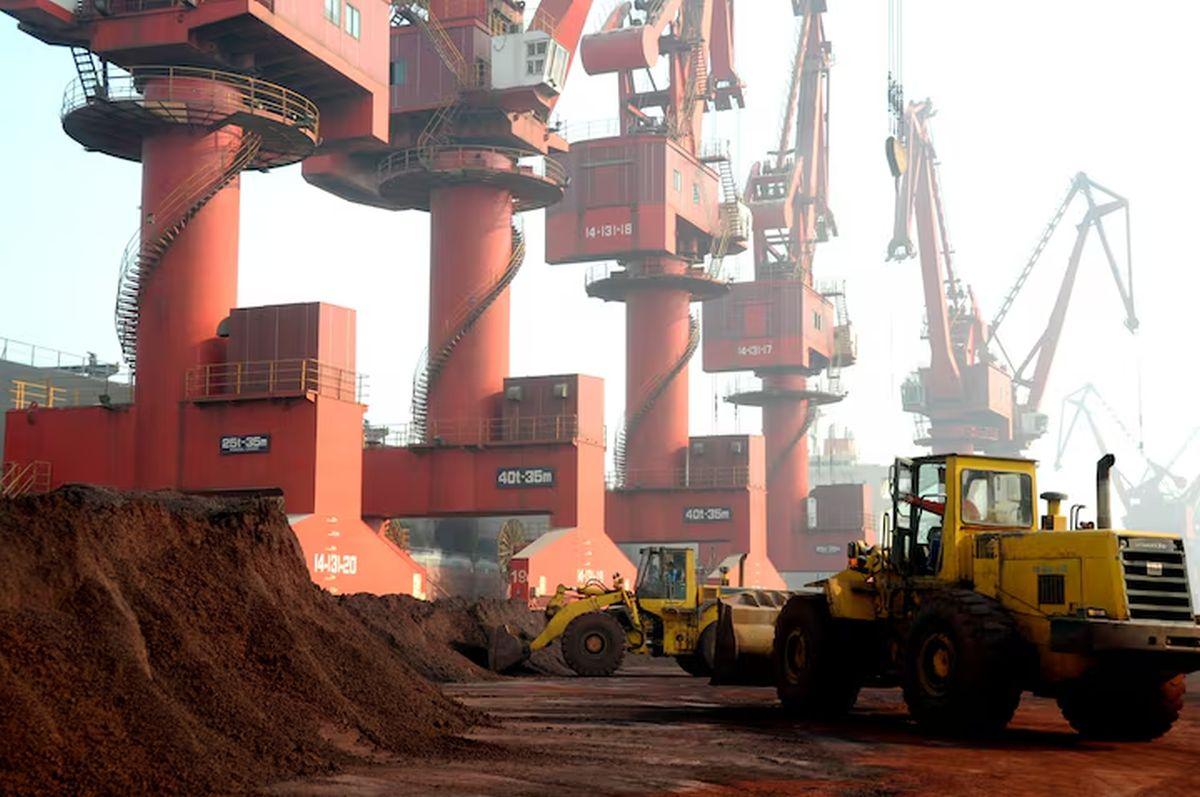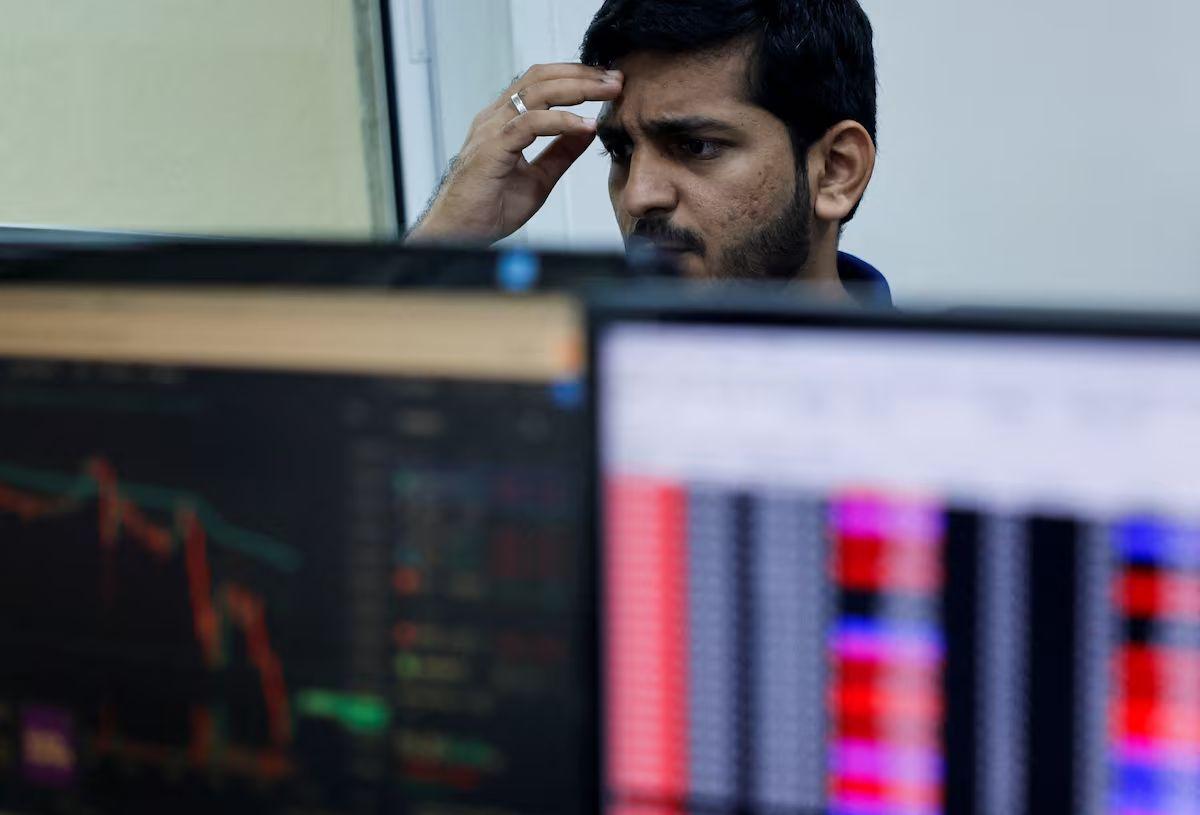Since April 4, around 35 importers in India have either not received any shipment of the magnets or have not been granted the import licences by China.

IMAGE: Workers transport soil containing rare earth elements for export at a port in Lianyungang, Jiangsu province, China. Photograph: Reuters
Importers of critical rare earth magnets from China are consulting their legal teams on the possibility of invoking the “force majeure clause (FMC)” in their supply contracts with automobile OEMs (original equipment manufacturers).
The move is aimed at shielding themselves from potential penalties that OEMs can impose under agreements if delivery failures lead to imminent production stoppages.
Since April 4 (when the US announced reciprocal import tariffs, triggering retaliatory action by China) around 35 importers in India have either not received any shipment of the magnets or have not been granted the import licences they applied for under China’s new export control rules.
Only one application — from Sona Comstar — has been formally rejected so far, though the company retains the option to reapply.
Other companies importing magnets to meet OEM demand include Bosch India, Continental, and Mahle.
“Discussions are on with suppliers, and it is an option they have under the contracts. Until we allow suspension of some of the obligations for a certain period during which no penalty will be imposed, we could expect the importers to invoke the FMC clause if there is no line of hope in the next few days,” said a senior executive of an OEM, adding, “Public limited OEMs will have to announce it to stock exchanges.”
“These are unforeseen circumstances over which we have no control. We are hoping that the issue will get resolved and China will give its permission.
“If that does not happen, we will have to protect ourselves from any consequence.
“Of couse, we are talking to OEMs,” said a senior executive of a component company that imports rear earth magnets.
Law firms echo the urgency for importers to seek legal protection.
“With critical supplies of magnets getting stuck — due to the recent export restrictions in China and with no viable alternatives till now — invoking force majeure is not a legal necessity but a lifeline,” said Sanjeev Kumar, partner at Luthra & Luthra Law Offices India.
“The auto sector relies heavily on these materials, especially for electric vehicles (EVs), and is on the brink of witnessing a production halt.”
The force majeure clause was widely invoked during the Covid-19 pandemic in India when supply chain disruptions were common across sectors.
On May 13, 2020, the Union finance ministry issued a clarification stating that “disruption of supply chains due to coronavirus would be covered under FMC, which could be invoked whenever considered appropriate”.
It went further to note that restrictions on the movement of goods — both domestically and abroad — during lockdowns would justify the use of the clause.
Under Indian law, FMC provisions fall under the Contract Act, which requires the fulfilment of two broad conditions: The event must be unforeseen, and it must make the performance of the contract impossible.
This applied clearly during the pandemic and can also be triggered by events like earthquakes, floods, or civil unrest.
Feature Presentation: Aslam Hunani/Rediff




